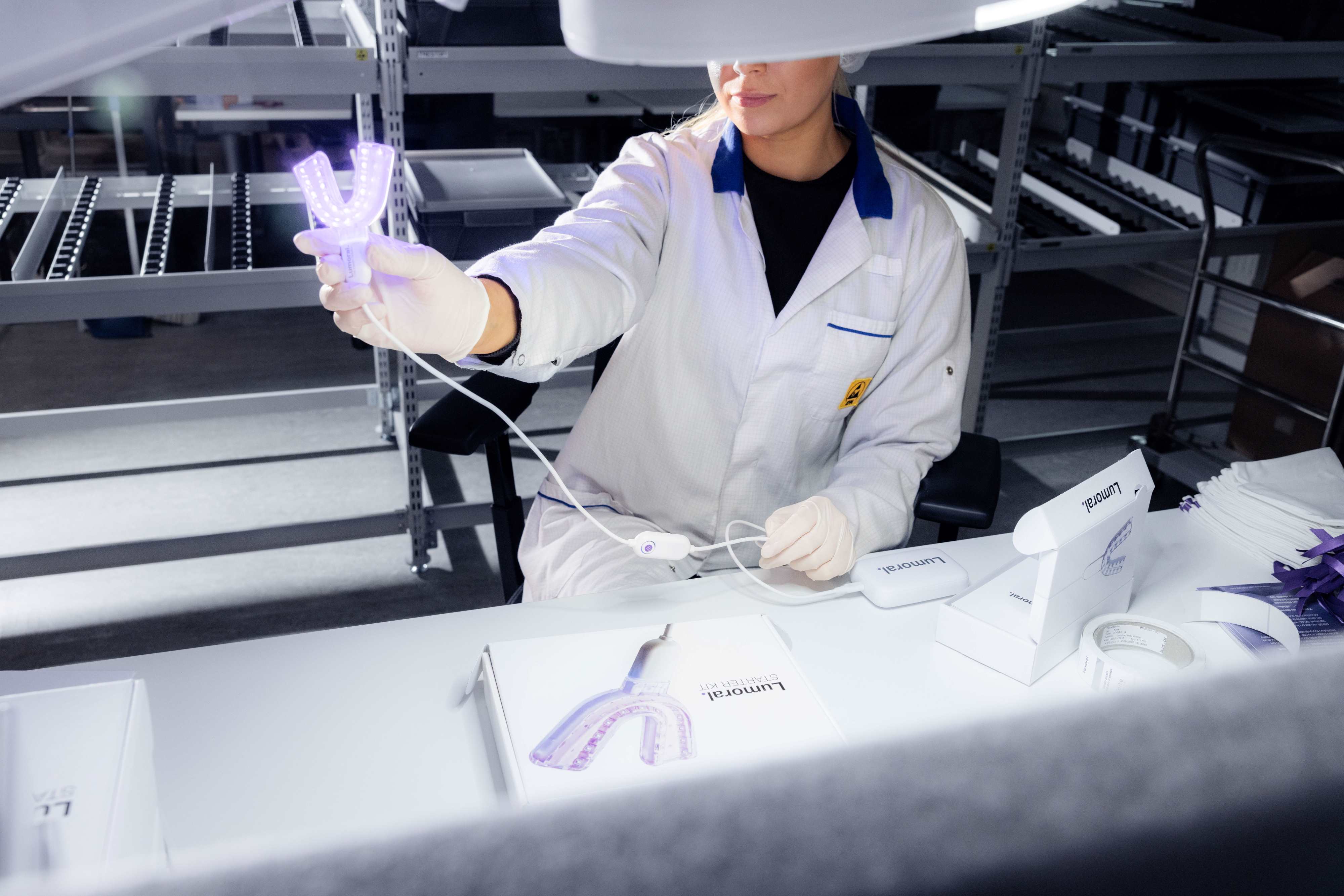- All posts
- 8 Media Venture
- althetics
- aMMP8
- Annimari Korte
- Antibiotic resistance
- Apotek Härtat
- Aqua Dental
- athlete
- Award
- Baltics
- Bonnier
- Bonnier News
- Brain health
- Business
- Cancer
- cardiovascular disease
- caries
- Chemo therapy
- children
- collaboration agreement
- Croatia
- Denmark
- Denta
- Dental erosion
- Dentex
- diabetes
- Dual Light
- Duodecim
- EFP
- EFR
- Estonia
- EuroPerio
- event
- Expodental
- FIBO
- fund raising
- general health
- Gingivitis
- Gum disease
- HAP
- HealthHub Pharma
- HIDES
- Hospital infections
- hospital-acquired pneumonia
- IBD
- Iceland
- IDS COLOGNE
- implantology
- invest
- investment
- italy
- Koite Health
- Latvia
- Lithuania
- lumoral
- Lumoral App
- Lumoral Junior
- Maritime industry
- Media
- MegaGen
- Movie
- News
- Nordic markets
- Nordics
- O
- Olympics
- Oral health
- Oral hygiene
- Oral mucositis
- Patent
- PDT
- peri-implantitis
- Perio Master Clinic
- Periodontitis
- periodontology
- Photodynamic therapy
- Press
- Ranking
- Romania
- Scandinavian Society of Periodontology
- Science
- Seafarer
- Seedtable
- share issue
- Shareissue
- Siblings movie
- Spain
- spots
- Stroke
- Study
- sweden
- Tartar
- techtour
- Thailand
- UK
- United States
- Valentine's Day
- WHO
- World Cancer Day
- World Health Day
- World Heart Day
- world oral health day
- World Smile Day

Vienna, Austria – May 2025 Hall B, Booth M01 in EuroPerioAt EuroPerio11, Europe’s leading congress on periodontal science, Finnish health technology company Koite Health is unveiling the finalised ...

World Health Day: Why Oral Health is Key to a Healthy Heart
On World Health Day, it’s time to shine a light on a part of the body that is often overlooked when we talk about overall health: the mouth. While many associate oral hygiene with preventing caviti...

World Oral Health Day 2025: A Healthy Smile, A Healthy Mind
Oral health plays a vital role in overall well-being, mental health, and quality of life. This World Oral Health Day 2025—celebrated annually on March 20—highlights the strong connection between or...

Thousands of Children Undergo Tooth Extractions Due to Tooth Decay in the UK
New figures from NHS England reveal that over 30,000 children and young people underwent hospital tooth extractions due to decay in the last year, The Oral Health Foundation reports. This marks a s...

Oral Health – A Critical but Often Overlooked Aspect of Cancer Treatment
Many people associate oral health with bad breath or cavities, even though its impact extends to the entire body. For example, chemotherapy and radiation therapy—key treatments for cancer—often sig...

Healthy Mouth, Healthy Baby: The Connection Every Mother-to-Be Needs to Know
As the new year begins, experts are urging women to prioritize their oral health, emphasizing its critical role not just in personal well-being but also in ensuring a healthy pregnancy. Hormonal ch...